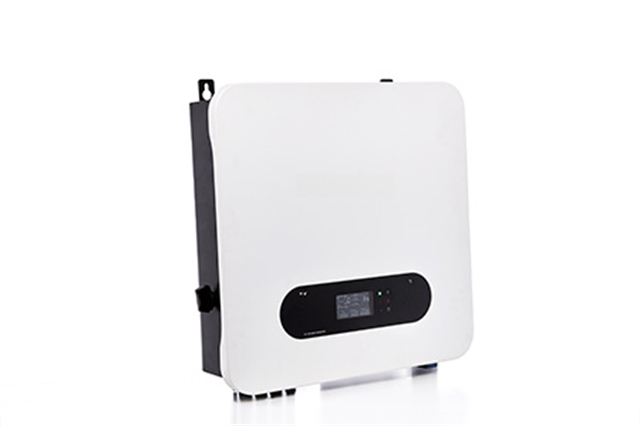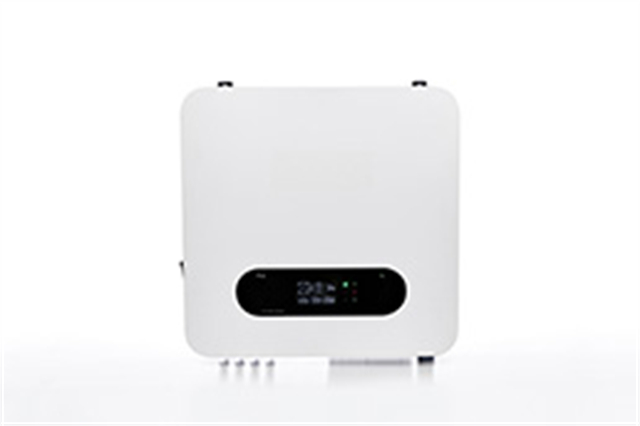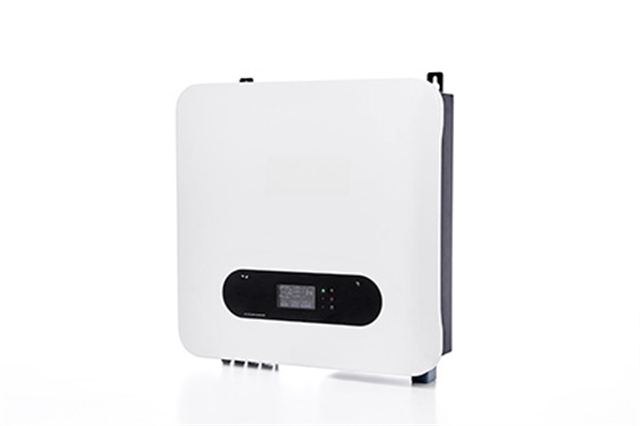Author:BLD Solar Energy SystemFROM:Solar System Converter Manufacturer TIME:2023-10-24
Installing a hybrid inverter for on-off grid power solutions is an efficient and sustainable way to meet the energy needs of both urban and remote areas. Hybrid inverters allow users to seamlessly switch between grid-connected and off-grid power sources, ensuring a reliable and uninterrupted power supply. In this article, we will explore the benefits of installing a hybrid inverter and discuss its various applications.

A hybrid inverter is an advanced power conversion device that combines the functions of a solar inverter and a battery inverter. It allows for the integration of renewable energy sources, such as solar panels or wind turbines, with battery storage and the traditional electrical grid. This unique feature enables the user to optimize energy usage by utilizing the most cost-effective and sustainable power sources available.

One of the key advantages of a hybrid inverter is its ability to seamlessly switch between on-grid and off-grid modes. In on-grid mode, the inverter harnesses energy from the electrical grid and supplements it with renewable energy sources. Excess energy generated by the renewables can be fed back into the grid, earning the user credits or reducing their electricity bill. In off-grid mode, the inverter operates independently, using stored energy from batteries and renewable sources to power the household or facility.

By incorporating a hybrid inverter into the power system, individuals and businesses can achieve a certain level of energy independence. During periods of grid outages or high electricity prices, the inverter automatically switches to off-grid mode, ensuring a reliable power supply without relying solely on the grid. This can lead to significant cost savings in the long run, as users can reduce their reliance on expensive grid electricity and take advantage of free, renewable energy sources.
Hybrid inverters offer flexible installation options, making them suitable for a wide range of applications. They can be installed in residential buildings, commercial establishments, and even remote locations where grid access is limited. The modular design of hybrid inverters allows for easy scalability, accommodating future expansions or additions to the power system. This flexibility ensures that the inverter can meet the changing energy demands of the user.
Hybrid inverters can be seamlessly integrated with energy management systems, enabling users to monitor and control their power consumption. Smart energy management software provides real-time data on energy production, consumption, and battery status, allowing for optimized energy usage. Users can schedule the operation of specific appliances or prioritize the use of renewable energy sources, further maximizing the efficiency and sustainability of their power system.
The adoption of hybrid inverters promotes the use of clean and renewable energy sources, reducing the dependence on fossil fuels. By harnessing solar or wind power, users can significantly reduce their carbon footprint and contribute to a greener environment. Hybrid inverters also enable the storage of excess renewable energy, ensuring it is utilized efficiently and not wasted. This reduces the need for traditional power plants, which often rely on non-renewable resources and emit greenhouse gases.
In regions prone to natural disasters or frequent power outages, a hybrid inverter with battery backup can provide an essential source of power during emergencies. The stored energy in the batteries can be utilized to power critical appliances, such as medical equipment, communication devices, or lighting systems. This feature enhances the resilience of the power system and ensures the well-being and safety of individuals in times of crisis.
Many governments around the world offer incentives and support for the installation of hybrid inverters and other renewable energy solutions. These incentives may include tax rebates, grants, or feed-in tariff programs, which can significantly reduce the initial investment cost. Governments recognize the importance of transitioning to sustainable energy sources and actively encourage the adoption of technologies that promote energy efficiency and environmental protection.
Installing a hybrid inverter for on-off grid power solutions is a forward-thinking decision that brings about numerous benefits. From energy independence and cost savings to environmental stewardship and emergency preparedness, hybrid inverters offer an innovative solution for a sustainable and reliable power supply. Whether it's for residential, commercial, or remote applications, a hybrid inverter is a versatile tool that enables users to harness the power of renewable energy while maximizing efficiency and minimizing environmental impact.
